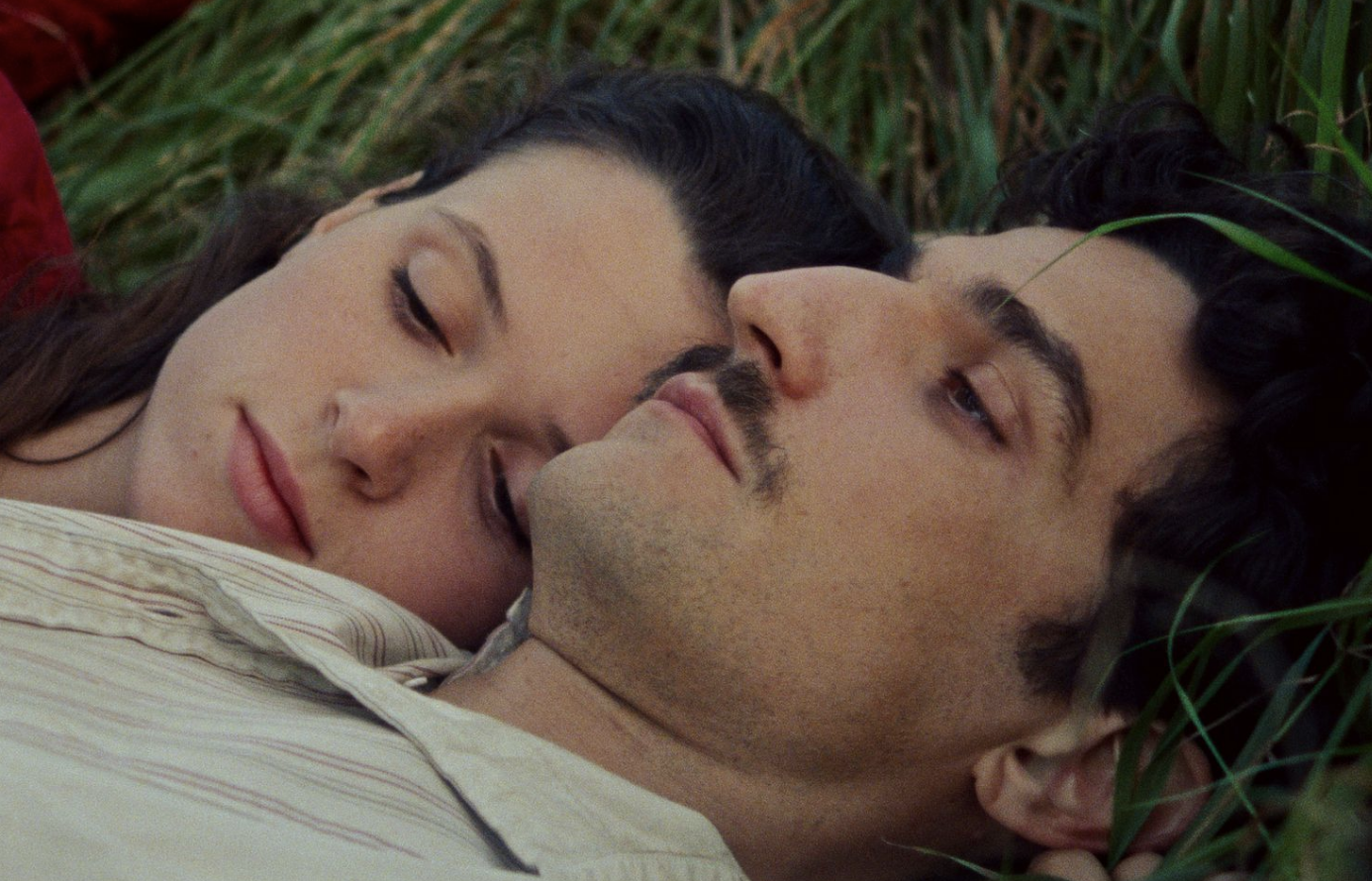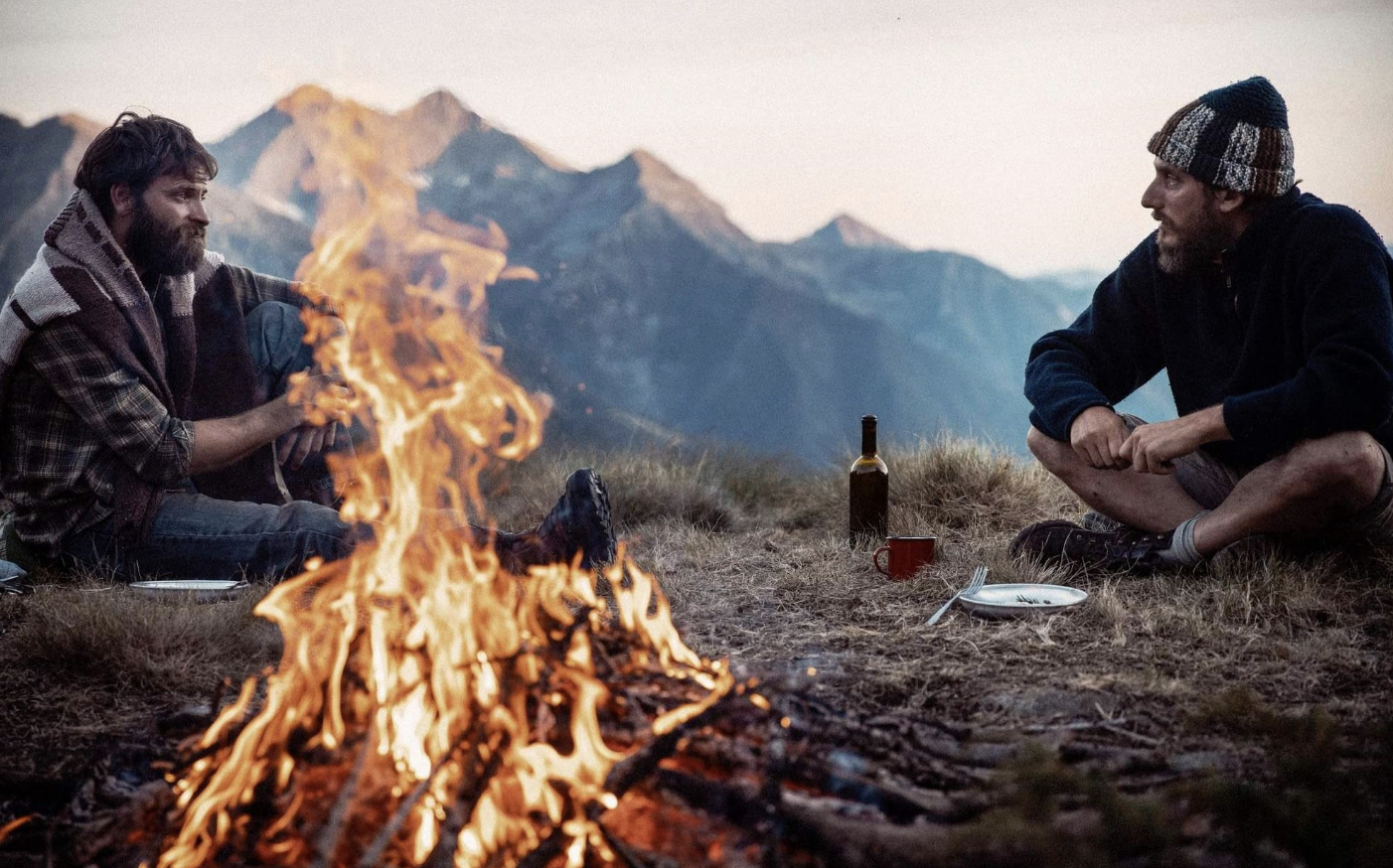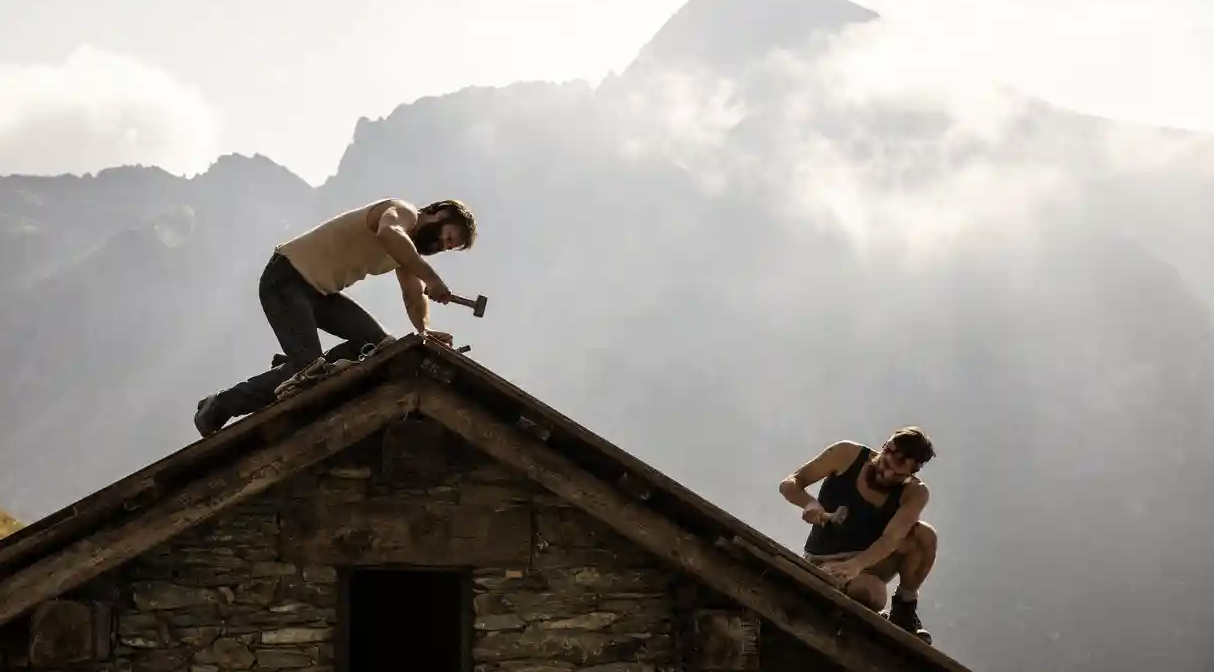by Elisa Giudici

Did Tom Cruise save Cannes Film Festival on the very first day? Well, he surely helped the 75th edition with old school star power. Thierry Frémaux welcomed Tom Cruise as a king, a savior, or maybe just a big Hollywood player willing to lend all of his charismatic in order to give a sense of a grandiose overture.
Considering how good reviews are for Top Gun: Maverick, Cannes needed Cruise more than Cruise needed Cannes. Nevertheless, the actor presented himself as an ally of festivals and theatres, a strong advocate of in-person cinematic experiences. In the dedicated Q&A, Cruise said that during the pandemic he reassured even the popcorn guy at his local cinema, who had phoned him to know if Top Gun Maverick could end up on a streaming platform as an exclusive. 'No way!' Wait, the popcorn guy at Cruise’s nearest cinema has his phone number? was my first reaction. Well, Cruise is for sure #TeamGoingToTheTheatre. He claims he goes regularly himself, wearing a cap so he's not recognized...
The movie and its promotion was '90s pharaonic with a huge installation on the Croisette, the French acrobatic fighter squad flying above the red carpet, and ending with fireworks when Cruise and the cast left the premiere. Paramount is banking on Cruise's star power… and maybe that's the best possible move. For everyone.
Let’s review some movies!
L’ENVOI (SCARLET) by Pietro Marcello (France/Italy)
DIRECTORS FORTNIGHT

After Martin Eden, the expectations for Marcello’s adaptation of Aleksandr Grin's 1923 novel Scarlet Sails were sky high. Unfortunately, the movie is all looks with little narrative substance. Marcello is often distracted from his protagonist Juliette, who was raised by her mother’s foreign ex-soldier lover, and sacrifices depth in the process. He chases delicate, bucolic scenarios instead; the film is full of takes in which beautiful people are lit by the sun during magic hour, singing by themselves, daydreaming while swimming in a river, or talking to wounded animals. Life is not that idyllic. Juliette has to face nasty comments of villagers who perceive Juliette and her family as outcasts. Though the story has potential, the film gets a slow start. L'envoi proceeds to wait around for those foreshadowed "scarlet veils" in the sky, doing too little to gain the audience's attention in the meantime.
L’envol is another movie from a generation of Italian filmmakers who glorify the life of good, simple people far from modernity, cities, and capitalism (like Alice Rohrwacher's Happy as Lazzaro). In L'envol we see echoes from Matteo Garrone's cinema, in particular its shy attempts at magical realism, as well as Bertolucci. And yet, this nostalgia for “simpler times” that ends up glorifying lives with very difficult economical and social conditions, rings phony to me. The characters in L’Envol have a strong connection to nature, yes, but they are working to exhaustion in order to survive and are treated like pariahs. The fault is not with “children who dream of electrical toys” in distant cities. A real disappointment.
The Eight Mountains by Felix van Groeningen & Charlotte Vandermeersch (Italy/Belgium/France)
MAIN COMPETITION

Seeing The Eight Mountains back to back with L’envol is a corrective. Here's how you portray the beauty of nature without romanticizing the hard lives of those who, whether by choice of not, make their living from it. The Eight Mountains is an adaptation of a best-selling European novel about a friendship in the harsh reality of the Alps. Pietro (played as an adult by Luca Marinelli) is a boy from the city of Turin who spends the summer at Grana, a minuscule village in the Alps. During the summer holidays, he gets along with Bruno (played as an adult by Alessandro Borghi) the only other kid around, who tends cows with his uncle. The Eight Mountains follows their on/off friendship, paused by “the gloomy season in the city” first, then by Pietro's long search for his own happiness.
While Bruno is well-rooted in Grana, Pietro wanders from job to job, from mountain to mountain, searching for something or someone that will make him as “centered” as his loyal friend. Bruno’s obsession with living a self-sufficient life in the Alps proves to be as harmful as Pietro’s rebellious year of distancing himself from his father. The directors, with the talented cinematographer Ruben Impens (Titane, Broken Circle Breakdown), shoot in a peculiar format, with lenses that underline the powerful mountain scenery. The Eight Mountains is able to catch all the sadness, the regret, and the melancholic atmosphere of the novel, replicating the austere and rigorous language and approach. The selling point of this very good (yet overlong) movie is the intense feeling between the two protagonists/ Bruno and Pietro are more than friends, closer to brothers, always in need of one of the other and yet willing to hurt each other with silences. Yes, it's the kind of intensity that makes you wonder: “Are they going kiss?”. Luca Marinelli (Martin Eden, The Old Guard) seems to have lost a little of his touch, while Alessandro Borghi gives an impressive performance.

more tomorrow obviously...